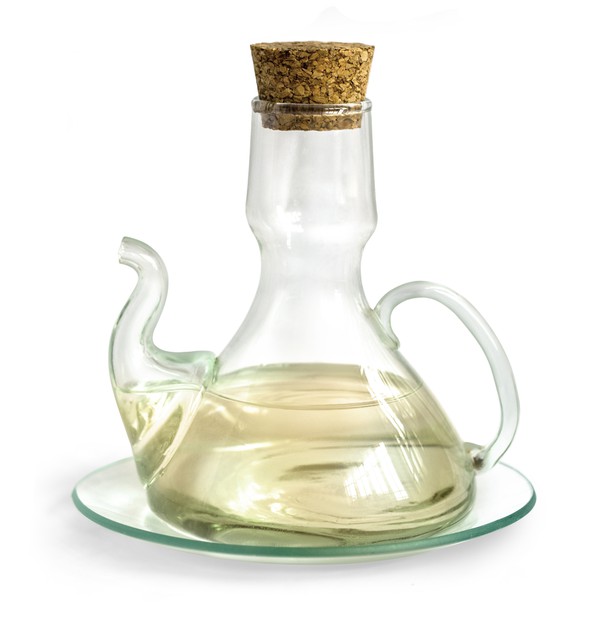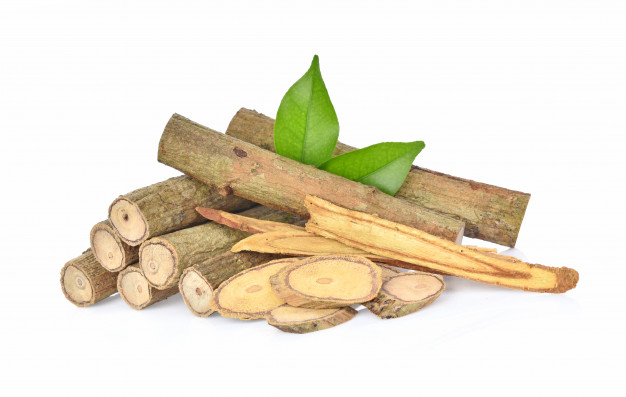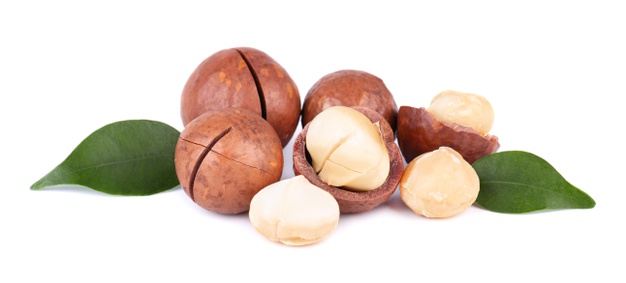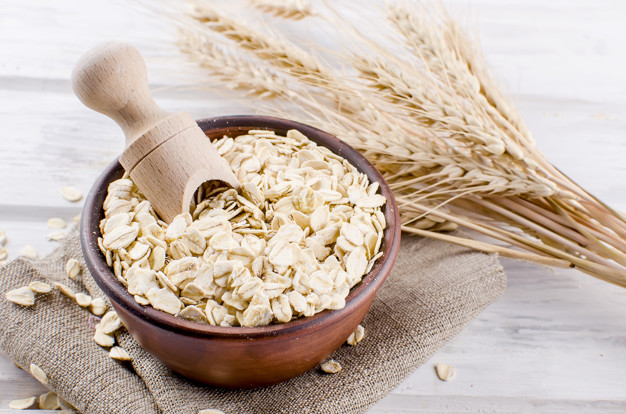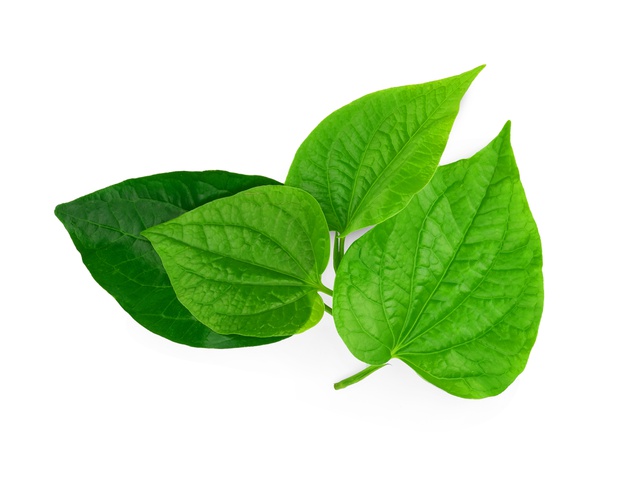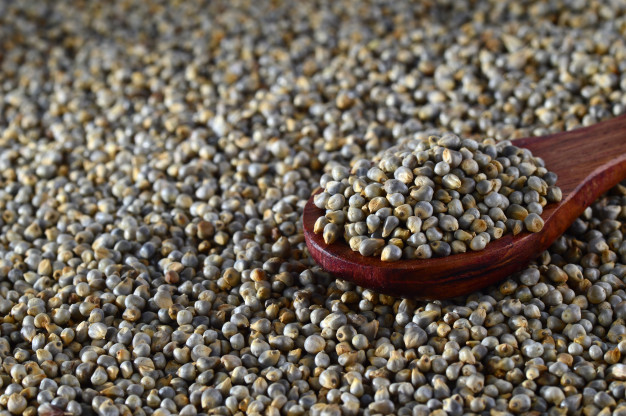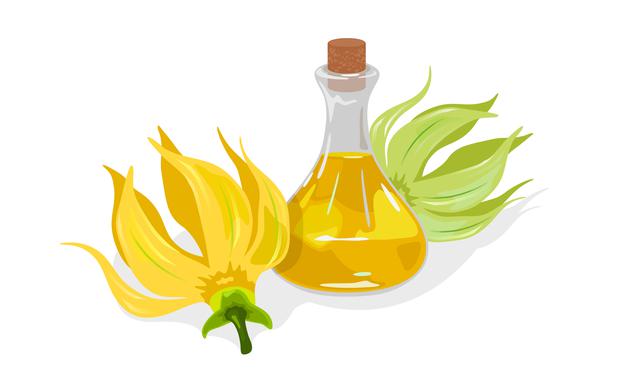White wine vinegar is an important fermented product, which has been traditionally used for several culinary and medicinal purposes.
Characteristics
- It is mainly composed of 5 to 10% of acetic acid and 90 to 95% of water
- It is clear to slight amber in colour
- It is tangy
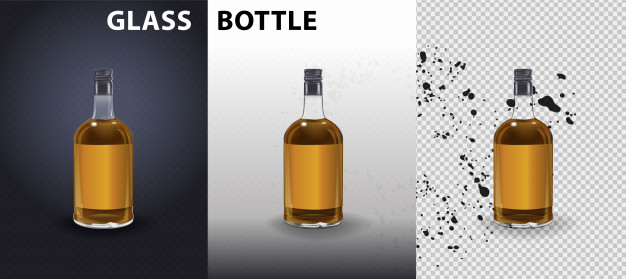
How white wine vinegar is prepared?
- It is mainly prepared by fermenting wine with the help of the bacteria Acetobacter
- This bacteria consumes the alcohol present in wine and subsequently produces acid, generally called acetic acid, which is considered as the key component of vinegar
Nutritional profile
- It contains lesser amount of carbohydrates
- It does not contain enough proteins and fats
- It provides very less calories on its oxidation
- It contains various micronutrients and significantly rich in calcium, phosphorus, selenium, manganese and magnesium
Role of white wine vinegar on health and disease prevention
Hypolipidemic effect
- It is closely related with reducing cholesterol concentration in body
- Its consumption significantly decreases LDL and VLDL level. It also lessen the level of triglyceride
- Its consumption is very effective for obtaining a healthy lipid profile
- As it is responsible for decreasing total fat percentage of body thus its consumption is very much beneficial for decreasing the prevalence of metabolic syndrome

Hypoglycemic effect
- It has seen that inclusion of vinegar in regular diet is very effective for decreasing blood sugar level
- White wine vinegar is associated with regulating insulin level in blood thus helps to stabilize blood sugar concentration
- It is also related with enhancing insulin sensitivity thus its consumption is extremely useful for diabetic patients
- It has seen that consumption of white wine vinegar is very effective for improving the symptoms of type 2 diabetes mellitus
Role on weight management
- Obesity is a very complex medical complication, which is mainly caused by prolong consumption of calorie dense food. Recently obesity becomes one of the critical health threats as it is directly linked with increasing the risk of developing other health complications like diabetes, cardiovascular diseases, hepatic disorders etc
- White wine vinegar is considered as an effective remedial action for preventing obesity as it helps in weight reduction
- It is related with delaying stomach emptying thus helps to provide a feeling of satiety, which helps to decrease calorie intake by restricting food consumption that facilitates weight reduction

Cardio protective effect
- It has seen that white wine vinegar has a relation with cardiac health. Its consumption is associated with promoting cardiac health as well as functionality
- It significantly decreases hypertension
- Its hypolipidemic effect is also responsible for reducing the risk of developing cardiovascular diseases like atherosclerosis, coronary artery disease, angina pectoris, strokes and myocardial infraction
Anti-tumor effect
- Polyphenolic components of white wine vinegar is considered as the main components that exert anti-tumor activity thus its consumption is thought to be related with decreasing the prevalence of carcinoma
- It has seen that white wine vinegar is related with slowing down the progression of some types of tumors
- It also helps to prevent tumor formation in body
Role on respiratory health
- It plays significant role in treating upper respiratory issues
- It has seen that addition of white wine vinegar to vaporizer is very effective for breaking up chest congestion
- On the other hand gargling with white wine vinegar also helps to improve the symptoms of sore throat
Role on pH balance
- White wine vinegar plays significant role in promoting pH balance
- Its acidic nature and antimicrobial activities are responsible for balancing the pH

Antimicrobial effect
- It exerts strong antimicrobial activity, which is accountable for killing microbes thus helps to protect the body from developing infectious diseases
- Acetic acid component of white wine vinegar is responsible for exhibiting antibacterial activity
- It helps to prevent plague
- It is very effective for treating toenail infection too as it helps to destroy the fungus responsible for this infection
- It is also used for treating ear infections
- It has seen that white wine vinegar has been extensively used as an imperative component of topical treatment for preventing various skin infections
- It helps to prevent facial blemishes as well
- It exhibits anti-burn property too and extremely useful for treating skin burns
- It also helps to treat rashes, minor cuts, sun burn, abrasions and insect stings
- It acts as antiseptic agent as well and plays imperative role in disinfecting wounds
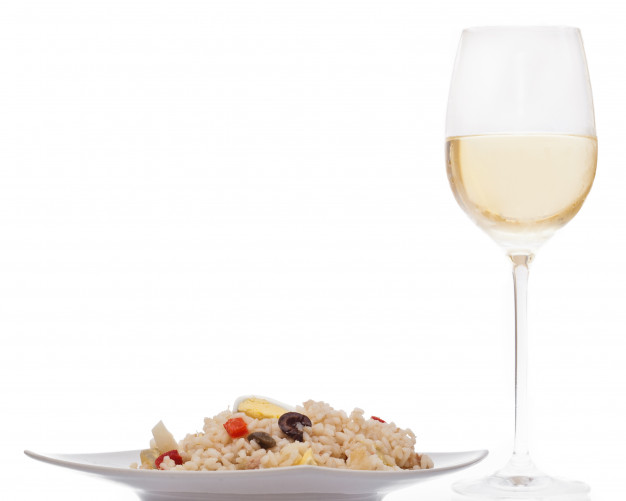
Role on hair
- It plays significant role in promoting hair growth. It is better to rinse the hair with white wine vinegar added water after shampooing
- It is associated with providing proper nourishment to the scalp and prevents scalp dryness
- It helps to prevent hair falls
- It also plays imperative role in preventing dandruffs
- Its antimicrobial activity is accountable for treating head lice as well

Role on skin
- It acts as an effective toner and helps to clean the skin
- Application of white wine vinegar on skin is very effective for removing impurities
- It helps to treat acne
- Its free radical scavenging activity is also responsible for preventing ageing as it helps to decrease oxidative stress
Culinary uses
- It can be added to salad before consumption
- It can be also used as flavouring agent
- It can be used for preparing variety of pickles
- It can also used for marinating purposes. It has seen that the acetic acid present in white wine vinegar acts as tenderizing agent and helps to soften meat or fish or seafood or vegetables in marinades
- It is also used for preparing sauces where it helps to enhance the flavor of sauce
- It can be used along with baking soda for preparing baked products like pancakes, cakes, breads, where it acts as leavening agent. It has seen that the acid present in white wine vinegar reacts with alkaline baking soda and gradually releases carbon dioxide gas, which ultimately rise the baked goods
- It can be used for preparing mild and soft cheese as well

Other uses
Apart from its therapeutic and culinary uses it is also used for various other purposes, which include –
- It has been widely used as an important cleansing agent
- It is considered as an important, eco friendly, low cost alternative to chemical cleanser or sprayers
- It helps to clean floor, window, toilets, mirrors, dishes etc
- It is also used in laundry for removing stains from clothes
- It is used as an imperative natural herbicides as well and plays vital role in killing invasive plants as well as weeds
Risk factors
- It is better to consume white wine vinegar in diluted form otherwise it may burn or irritate the throat
- As it is acidic in nature thus its overconsumption is related with triggering the symptoms of heartburn or acid reflux
- Consumption of white wine vinegar in large dose also responsible for eroding the tooth enamel
- Application of white wine vinegar on skin in undiluted form is very risky as it causes irritation or burning of skin. It may also develops rashes and redness, thus it is better to applying it on skin after diluting with water. Patch taste should be done before applying it topically
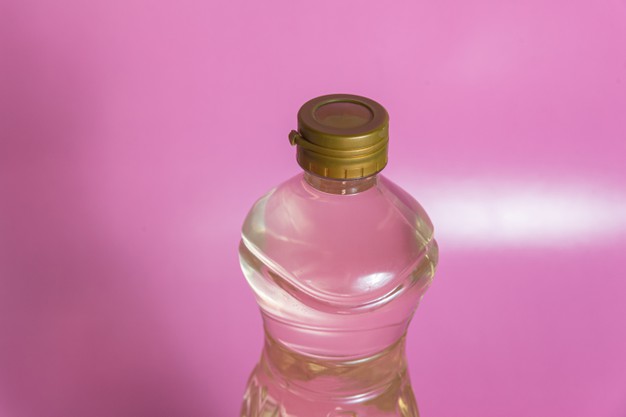

Source:
Boistean, A., Chirsanova, A., Ciumac, J. and Gaina, B., 2020. THE PARTICULARITIES OF THE CLARIFICATION PROCESS WITH BENTONITE OF WHITE WINE VINEGAR. Food systems, 3(1), pp.25-32.
BOONSUPA, W., 2021. The Chemical Fermentation Process Properties, Bioactive Compounds, and Health Benefits of Fruit Vinegars in Pilot-Scale in Thailand. Walailak Journal of Science and Technology (WJST), 18(4), pp.10402-11.
Budak, N.H., Aykin, E., Seydim, A.C., Greene, A.K. and Guzel‐Seydim, Z.B., 2014. Functional properties of vinegar. Journal of food science, 79(5), pp.R757-R764.
Ho, C.W., Lazim, A.M., Fazry, S., Zaki, U.K.H.H. and Lim, S.J., 2017. Varieties, production, composition and health benefits of vinegars: A review. Food chemistry, 221, pp.1621-1630.
Mas, A., Torija, M.J., García-Parrilla, M.D.C. and Troncoso, A.M., 2014. Acetic acid bacteria and the production and quality of wine vinegar. The Scientific World Journal, 2014.
Tesfaye, W., Morales, M.L., Callejón, R.M., Cerezo, A.B., Gonzalez, A.G., Garcia‐Parrilla, M.C. and Troncoso, A.M., 2010. De ive sensory analysis of wine vinegar: tasting procedure and reliability of new attributes. Journal of Sensory Studies, 25(2), pp.216-230.
